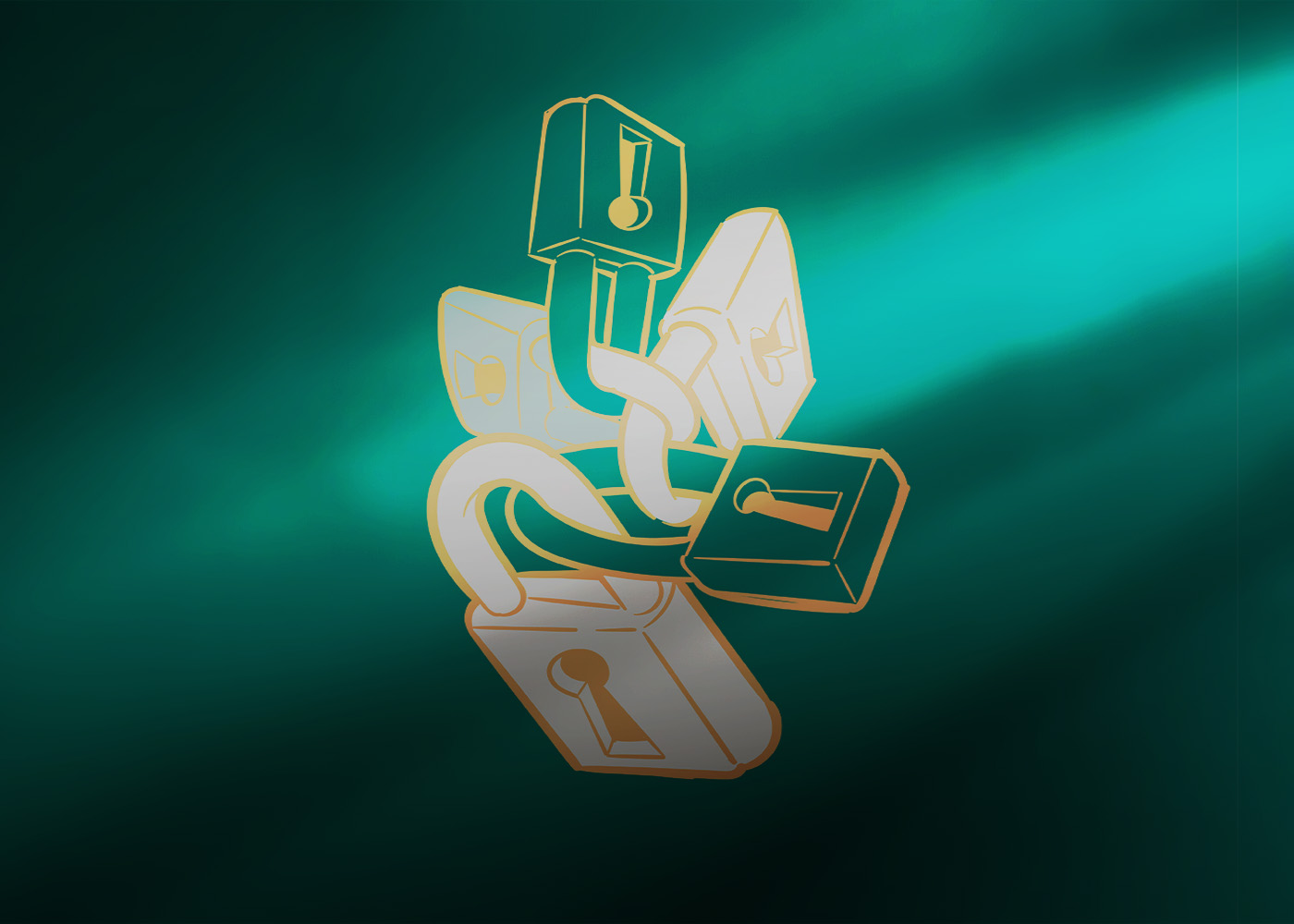
Data privacy is a growing concern worldwide, and blockchain technology provides some of the most secure solutions. So, how does blockchain support data privacy? As an immutable ledger system, blockchains offer users unprecedented levels of data confidentiality that are sure to meet evolving requirements regarding keeping data safe. This blog post will discuss how blockchains provide increased security over other forms of transmitting information, such as traditional databases or cloud-based systems. We’ll look at different features within the blockchain ecosystem that help support user anonymity, immutability, and non-repudiation, among many others, so keep reading to learn more about what makes this revolutionary technology so important for protecting digital assets!

How Does Blockchain Support Data Privacy?
“How does blockchain support data privacy?” is a popular question for beginners to the blockchain. Blockchain technology supports data privacy in several ways:
Decentralization
One of the most significant features of blockchain technology is that it is decentralized, meaning that no central authority controls it. This ensures that data is not stored in a single location, making it less vulnerable to hacking or data breaches.
Immutable record-keeping
Every transaction on a blockchain is recorded on a distributed ledger that is nearly impossible to alter or delete. This provides an unalterable record of transactions, which ensures that data is not tampered with.
Encryption
Blockchain technology uses cryptographic algorithms to ensure that data is secure and cannot be accessed without proper authorization. The encryption keys used in blockchain technology are highly complex, making it nearly impossible for hackers to access sensitive data.
Smart contracts
Smart contracts are self-executing contracts with the terms of the agreement between buyer and seller being directly written into lines of code. This ensures that there is no need for intermediaries, which reduces the risk of data breaches or leaks.
Permissioned networks
Some blockchain networks are permissions, meaning that only authorized parties can participate in transactions. This ensures that data is only shared between approved parties, reducing the risk of unauthorized access.
Overall, blockchain technology provides a secure and transparent way to store and share data, ensuring privacy.
To Sum Up
We hope you found an answer to the question, “How does blockchain support data privacy?” Blockchain technology is here to stay, as its potential for ensuring secure data privacy is far-reaching. It allows businesses, individuals, and national governments to securely store data without needing external control. At the same time, its decentralized structure allows faster and more efficient transactions that can be verified more accurately. By overcoming traditional approaches’ limitations, blockchain technology increases security and trust between parties for safe data sharing and access. As the demand for more robust protective measures grows, blockchain will likely become more commonplace in our everyday lives. Data privacy remains a paramount concern in modern society. Still, with blockchain technology, we have a powerful tool that keeps us safe while leading us into a more secure digital future.






